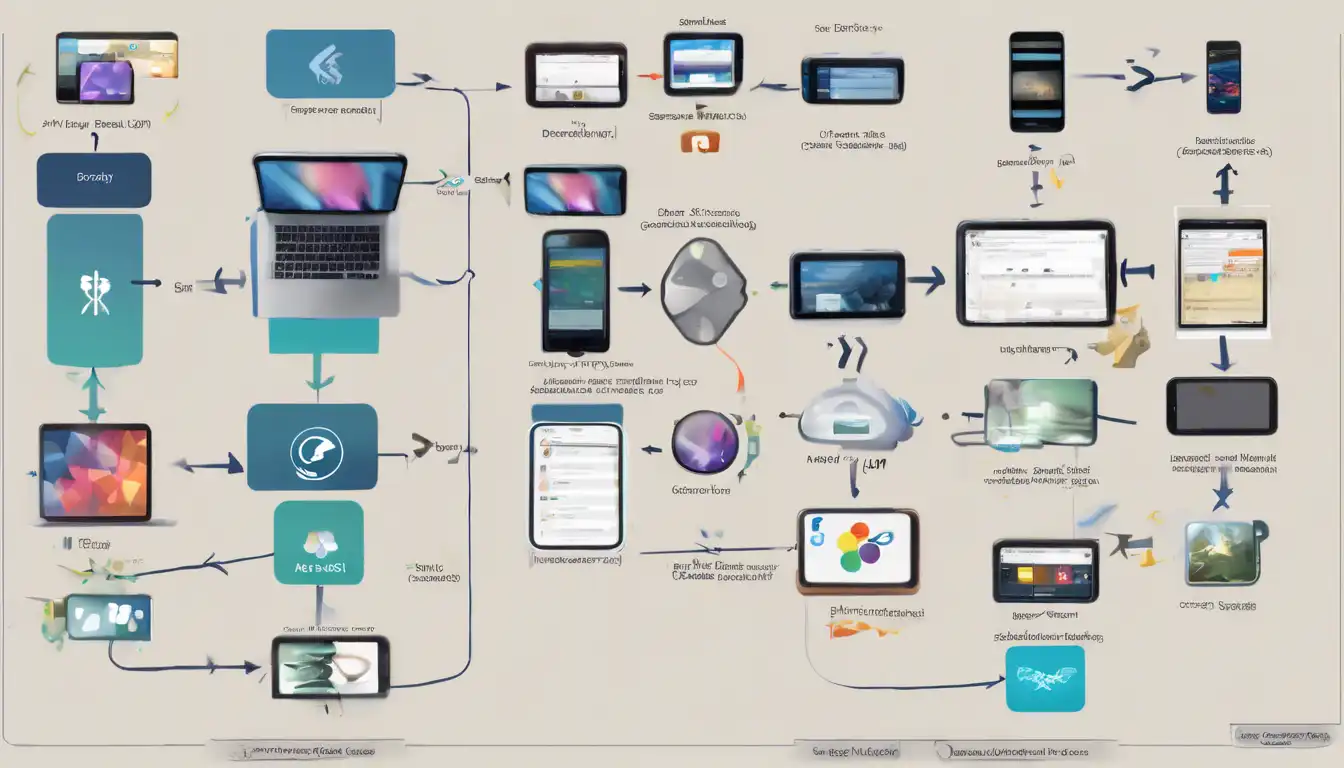Introduction to Cross-Platform Mobile Development
In today's fast-paced digital world, the demand for mobile applications is skyrocketing. Businesses and developers are constantly seeking efficient ways to build apps that run seamlessly across multiple platforms. Cross-platform mobile development tools have emerged as a game-changer, enabling developers to write code once and deploy it across iOS, Android, and other platforms. This article compares the top cross-platform mobile development tools, helping you choose the right one for your project.
Why Choose Cross-Platform Development?
Cross-platform development offers numerous benefits, including reduced development time, lower costs, and a unified codebase. It's an ideal choice for startups and enterprises aiming to reach a wider audience without investing in separate development teams for each platform.
Top Cross-Platform Mobile Development Tools Compared
1. Flutter
Developed by Google, Flutter is a popular open-source framework for building natively compiled applications for mobile, web, and desktop from a single codebase. It's known for its fast performance, expressive UI, and hot reload feature.
2. React Native
Created by Facebook, React Native allows developers to build mobile apps using JavaScript and React. It's praised for its large community, reusable components, and near-native performance.
3. Xamarin
Owned by Microsoft, Xamarin is a .NET-based framework that enables developers to create apps for Android, iOS, and Windows with a shared codebase. It's ideal for enterprises with existing .NET investments.
4. Ionic
Ionic is a free and open-source framework for building cross-platform mobile applications using web technologies like HTML, CSS, and JavaScript. It's perfect for developers familiar with web development.
Choosing the Right Tool for Your Project
Selecting the right cross-platform development tool depends on various factors, including project requirements, team expertise, and performance needs. Flutter and React Native are excellent for high-performance apps, while Xamarin and Ionic are better suited for enterprises and web developers, respectively.
Conclusion
Cross-platform mobile development tools have revolutionized the way apps are built, offering efficiency and cost-effectiveness. By comparing Flutter, React Native, Xamarin, and Ionic, developers can make informed decisions based on their specific needs. Embrace the power of cross-platform development to reach a broader audience with minimal resources.
For more insights on mobile development, check out our latest trends in mobile development.
